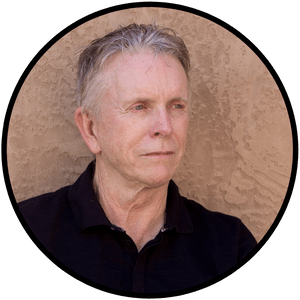|
|
MRF BlogMichael's thoughts on writing, politics and everything in between. Archives
November 2023
Categories
All
|
|
Michael R. French graduated from Stanford University where he was an English major, focusing on creative writing, and studied under Wallace Stegner. He received a Master's degree in journalism from Northwestern University. He later served in the United States Army before marrying Patricia Goodkind, an educator and entrepreneur, and starting a family.
|
